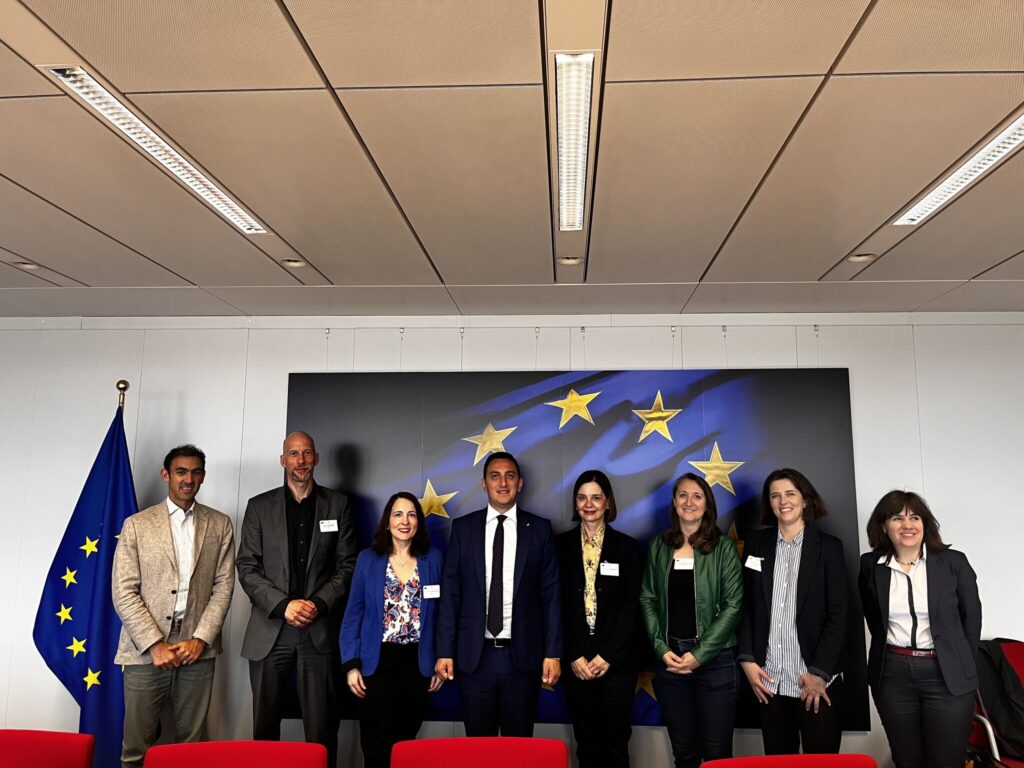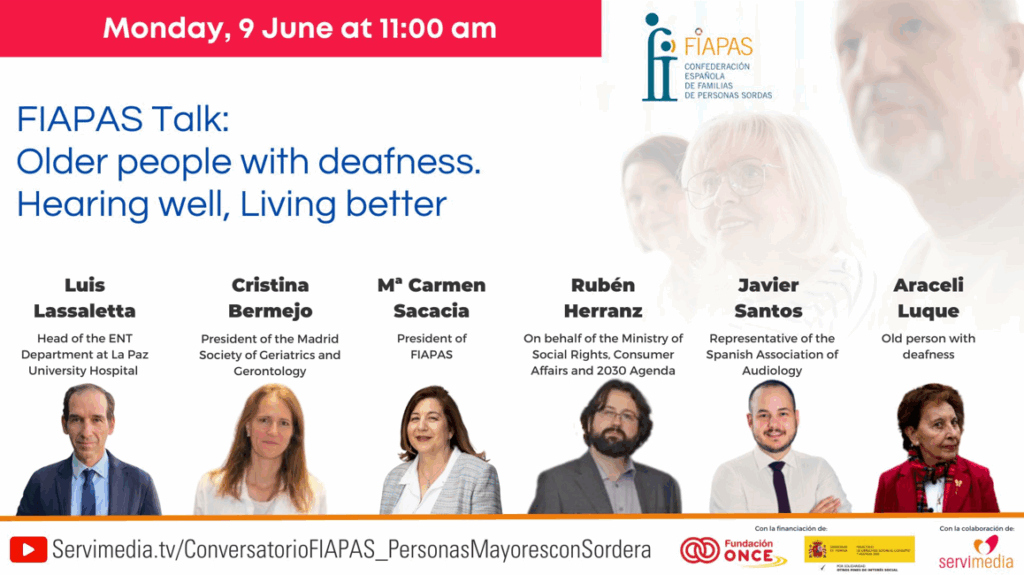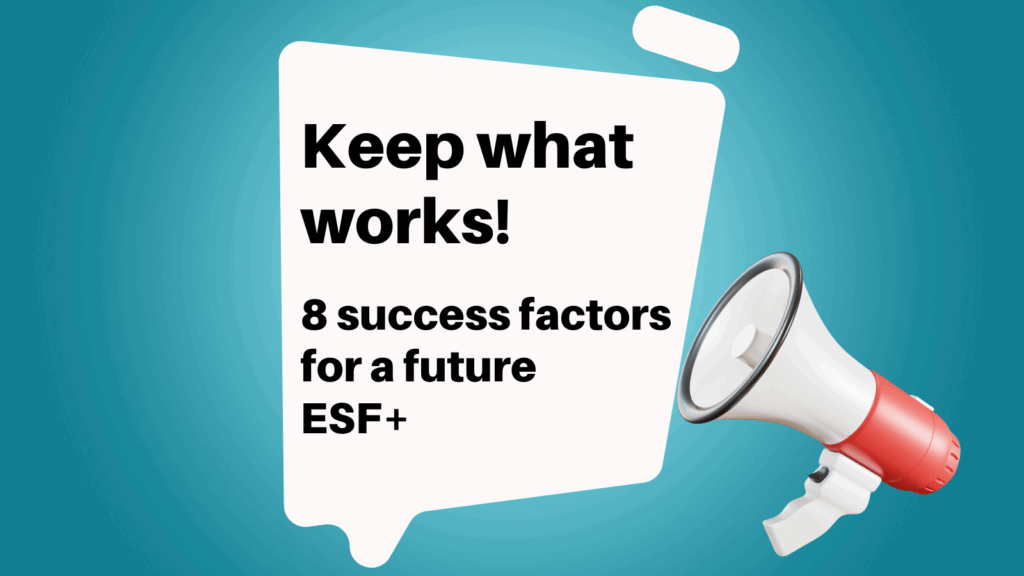In 2022, 69.3% of children aged from 3 years to the minimum compulsory school age in the EU participated in formal childcare or education for at least 25 hours per week. Within this age group, 12.4% of children were not involved in formal childcare (zero hours), while 18.2% participated in formal childcare for up to 24 hours per week.
Children at risk of poverty and social exclusion (AROPE) of the same age group showed lower rates of participation in formal childcare or education. Specifically, 58.5% participated in formal childcare or education for at least 25 hours per week, as opposed to 72.7% of children not at risk. Moreover, 18.8% of the children at risk did not participate in formal childcare (10.5% of non-AROPE children) and 22.6% participated in formal childcare up to 24 hours a week (16.9% of non-AROPE children).
This data is available through a new indicator for measuring ‘Children in formal childcare or education by age group and duration’ published by Eurostat in December 2023.
See more information here.





